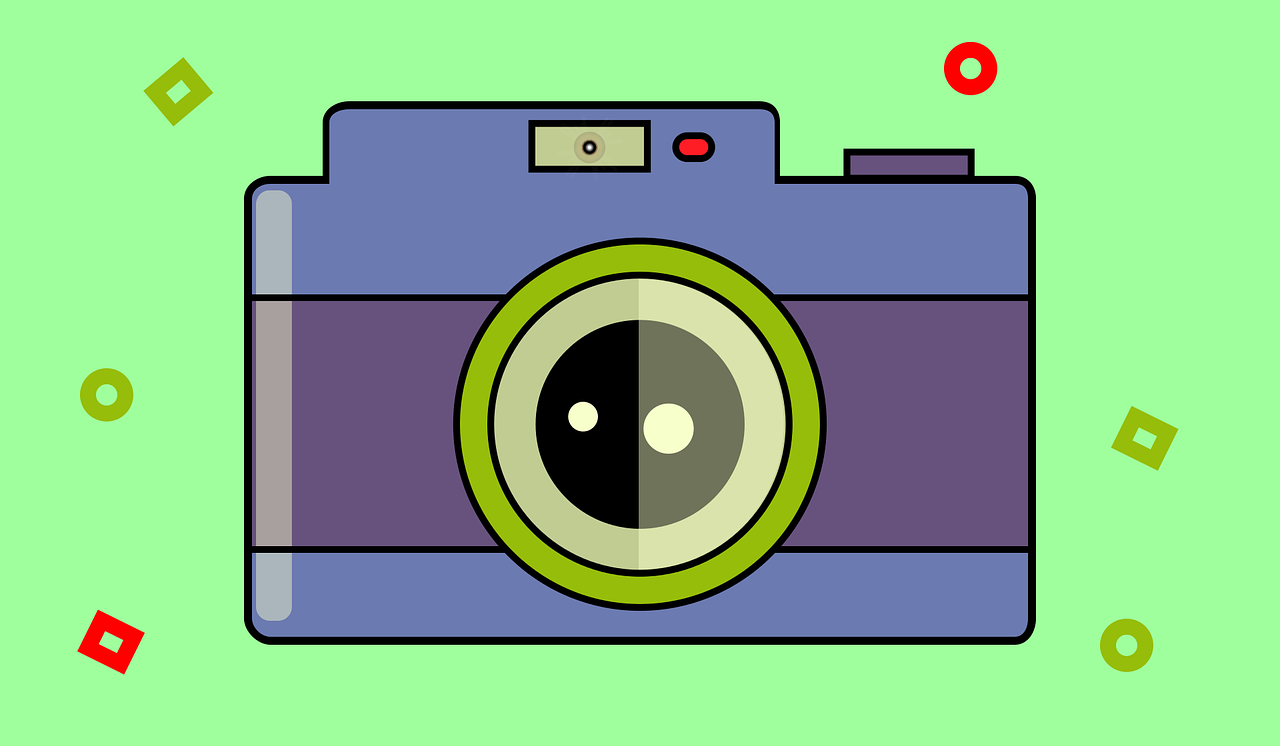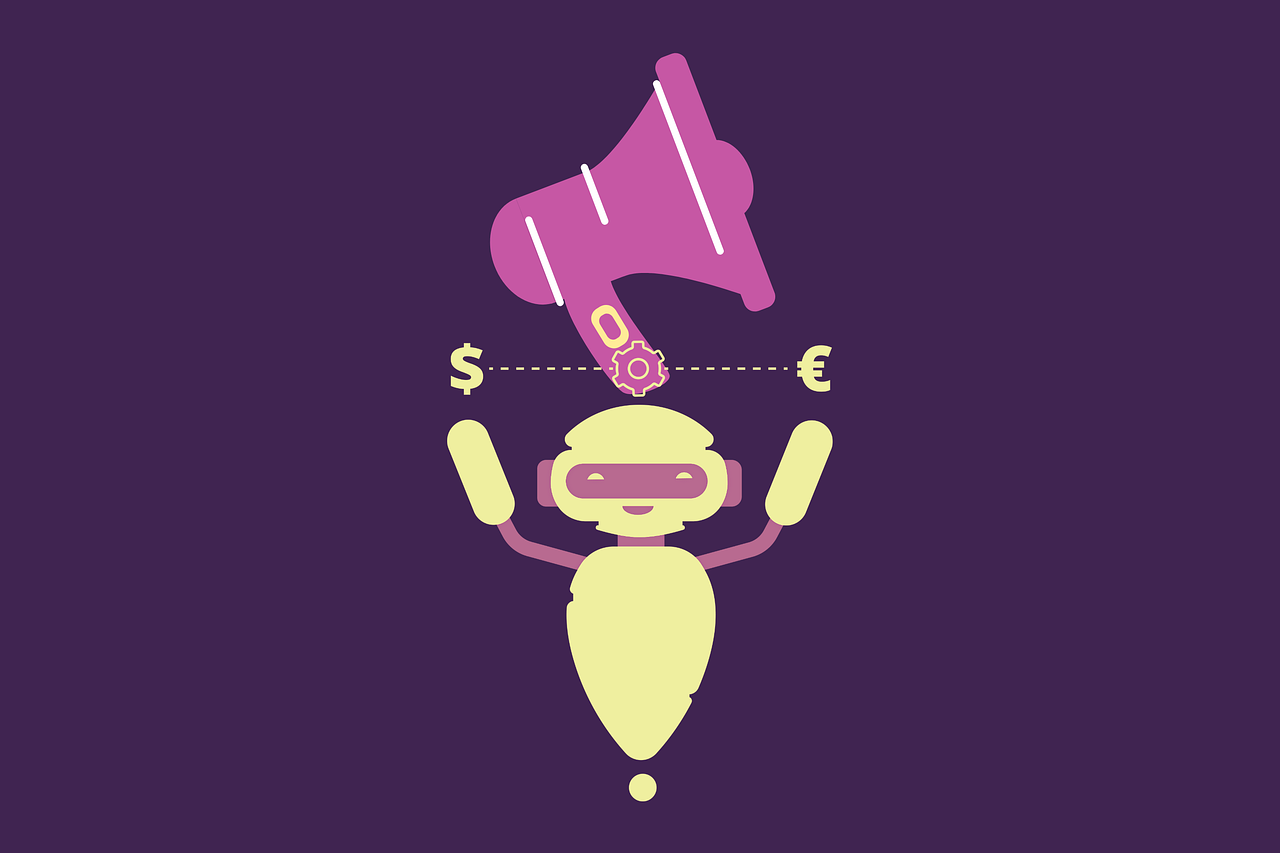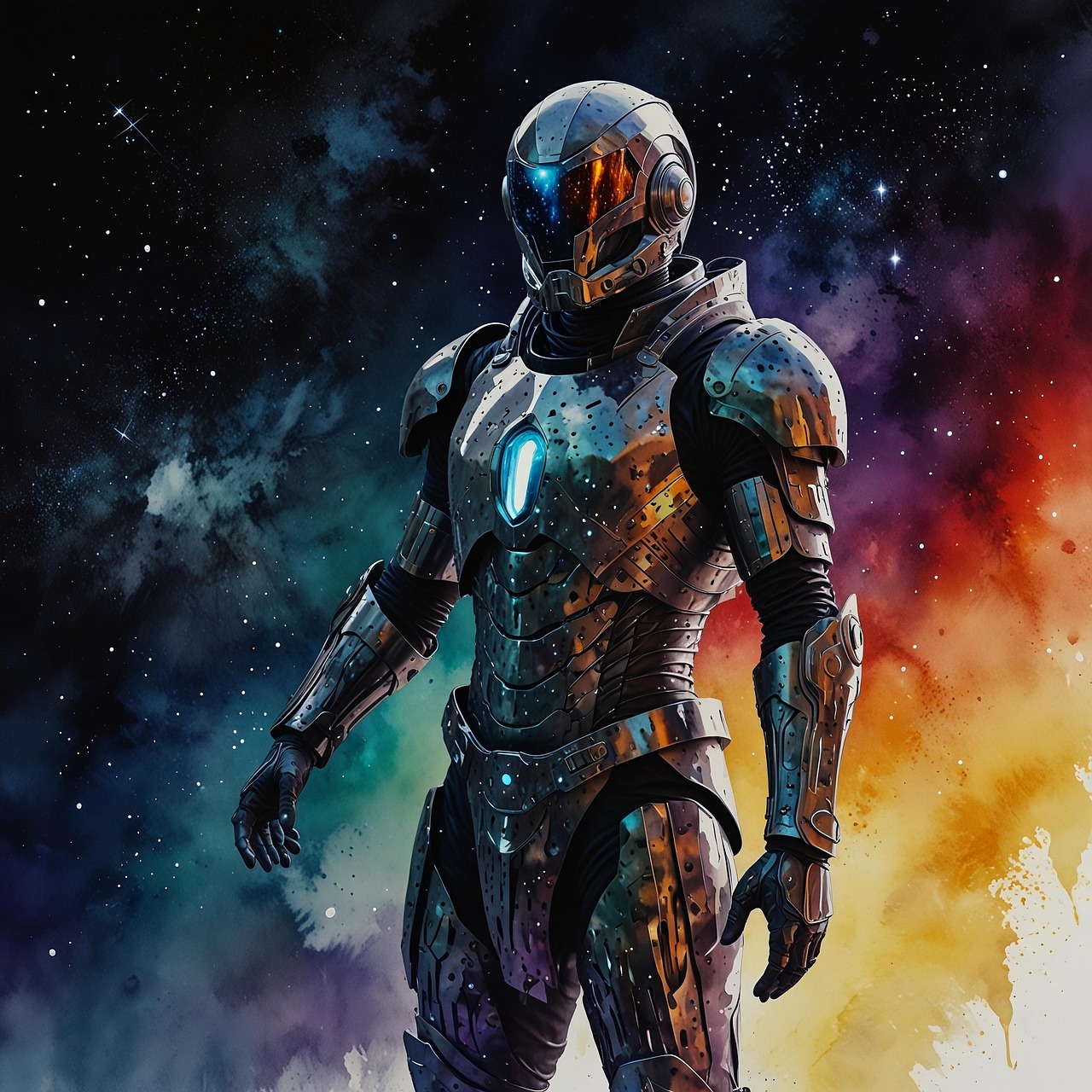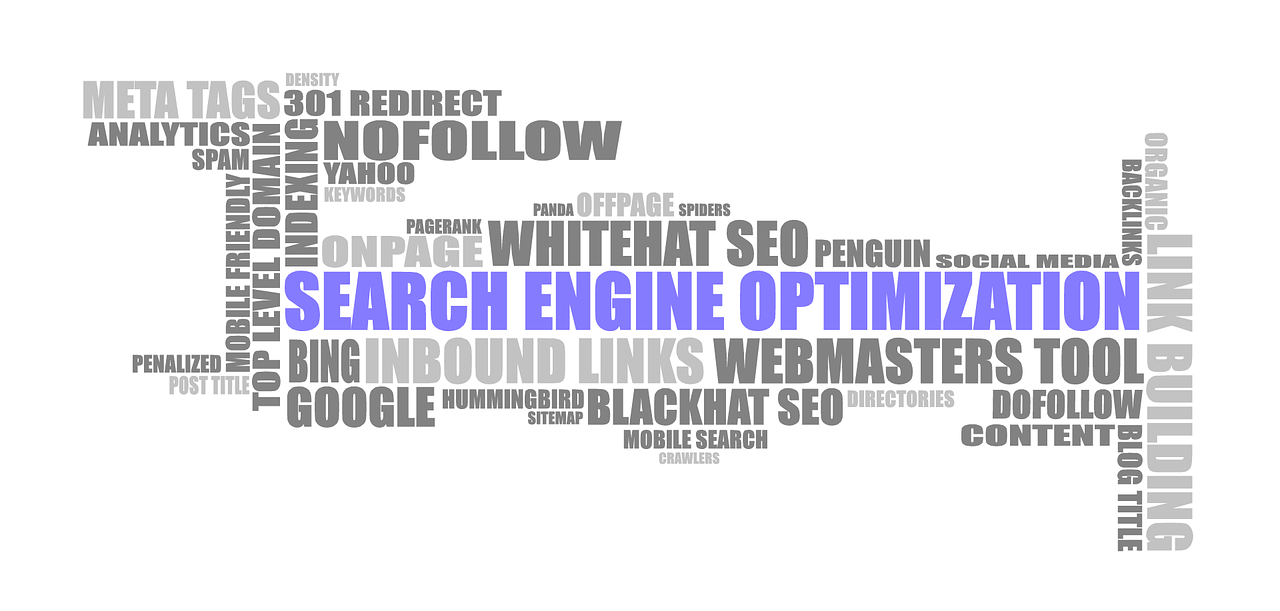None

Brief news summary
NoneThe prevalence of smartphone usage in today's society has led to the widespread adoption of digital editing tools for enhancing photos. These tools range from simple adjustments like color enhancement to more advanced features like modifying light levels. However, a new generation of smartphone tools powered by artificial intelligence (AI) is raising questions about the authenticity of photographs. Google's latest smartphones, the Pixel 8 and Pixel 8 Pro, offer even more advanced AI features compared to other devices on the market. One notable feature is the ability to alter people's expressions in photographs. With machine learning technology, these phones can analyze your photos and combine expressions from past images to create the perfect picture. Google calls this feature "Best Take. " Additionally, these devices allow users to remove, move, or resize unwanted elements in photos using a feature called "Magic Editor. " This AI-based tool employs deep learning algorithms to analyze surrounding pixels and fill in the removed area with appropriate textures, based on knowledge derived from millions of other images. It's worth noting that these editing features can be applied not only to photos taken with the device but also to any pictures in the user's Google Photos library. However, the integration of AI technology in photography has sparked concerns among some observers. Tech commentators and reviewers have described Google's AI manipulation potential as "icky, " "creepy, " and "posing serious threats to people's trust in online content. " Andrew Pearsall, a professional photographer and senior lecturer in Journalism at the University of South Wales, warned of the dangers posed by AI manipulation, emphasizing the need for caution and consideration of ethical boundaries. He expressed concerns that the ability to instantly remove objects or manipulate images on a smartphone could lead to a world where reality becomes distorted.
Google's lead on camera systems, Isaac Reynolds, responded to these concerns in an interview with the BBC, stating that the company takes ethical considerations seriously. He clarified that features like Best Take are not "faking" anything but rather enhancing a representation of a moment. Reynolds emphasized that Google aims to provide users with good-looking images, which may not necessarily reflect reality but satisfy their desire for visually appealing photos. Professor Rafal Mantiuk from the University of Cambridge highlighted that smartphones, limited by their physical capabilities, rely on AI and machine learning to compensate for missing information in photos, aiming to produce visually pleasing images rather than purely realistic ones. While photo manipulation is not a new concept, the ease with which AI technology can augment reality is unprecedented. Samsung faced criticism earlier this year for its deep learning algorithms that enhanced photos of the Moon to the point where the resulting images did not accurately represent the original scene. Google, in response to these concerns, adds metadata to its photos to indicate when AI has been employed. Reynolds acknowledged the ongoing conversation about AI usage in photography and reiterated the company's commitment to listening to users' feedback. Despite the ethical considerations surrounding AI image manipulation, Professor Mantiuk emphasized that we should also acknowledge the limitations of our own visual perception. Our brains possess the remarkable ability to reconstruct and infer missing information, allowing us to perceive sharp and vibrant images. In a way, cameras that are criticized for "faking stuff" are merely emulating the brain's natural image processing capabilities, albeit in a different manner.
Watch video about
None
Try our premium solution and start getting clients — at no cost to you

I'm your Content Creator.
Let’s make a post or video and publish it on any social media — ready?
Hot news

Semrush Evolves into AI-Powered Marketing Platform
Semrush, traditionally recognized as a leading SEO platform, has notably expanded its capabilities by integrating advanced artificial intelligence technologies, evolving into a comprehensive AI-powered marketing suite.

AI in Video Games: Enhancing Realism and Player E…
Artificial intelligence is revolutionizing the video game industry, heralding a new era of immersive and adaptive gameplay.

Paramount Pictures Criticized for AI-Generated Fi…
Paramount Pictures recently faced backlash after releasing an Instagram video promoting their film 'Novocaine' that featured AI-generated scripting and narration.

Evertune AI Raises $15M in Series A Funding
Evertune AI, a New York-based company focusing on artificial intelligence marketing technology, has successfully raised $15 million in Series A funding.

Ahrefs Enhances SEO Platform with AI-Powered Tools
Ahrefs, a premier provider of SEO tools and services, has notably expanded its artificial intelligence capabilities from 2025 to 2026.

AI Video Surveillance Systems Improve Public Safe…
In recent years, cities worldwide have increasingly implemented artificial intelligence (AI)-driven video surveillance systems to enhance public safety and security.

AI-Generated Video Content Dominates Social Media…
Recently, platforms like TikTok and Instagram have experienced a notable increase in AI-generated videos.
AI Company
Launch your AI-powered team to automate Marketing, Sales & Growth

and get clients on autopilot — from social media and search engines. No ads needed
Begin getting your first leads today








